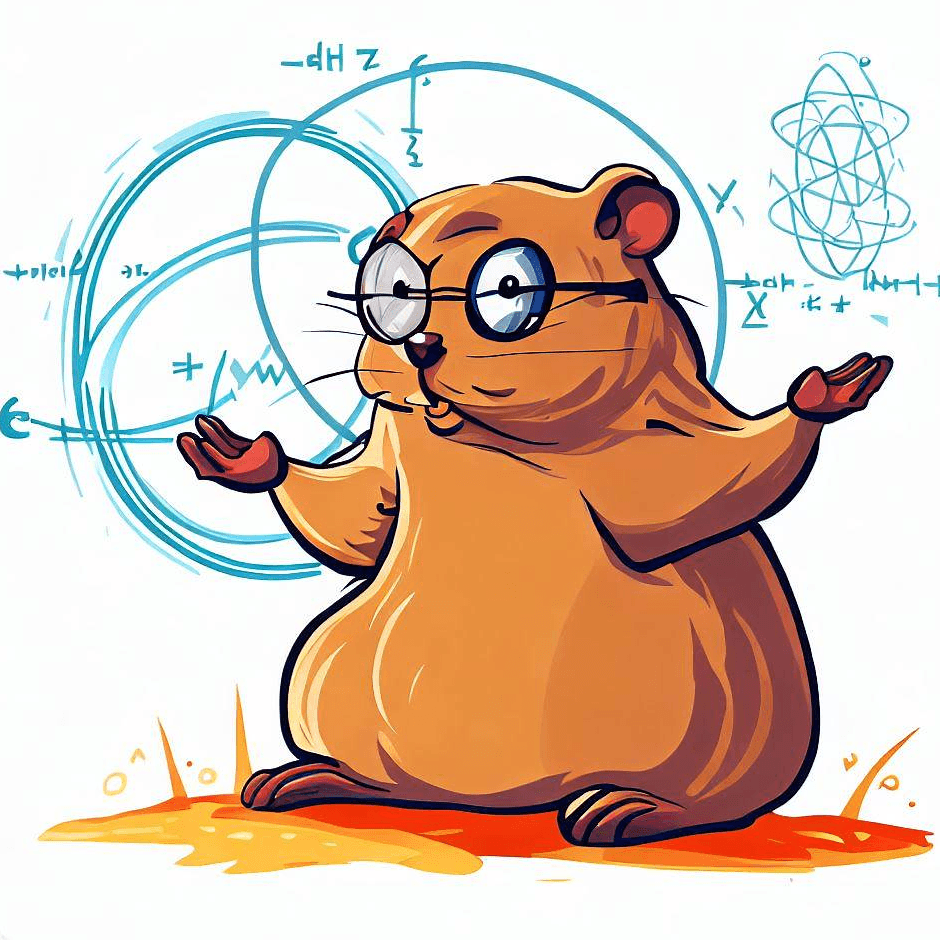
Can you explain the role of psychedelics in inducing altered states of consciousness?
Psychedelics, such as LSD, psilocybin mushrooms, or ayahuasca, have been used for centuries by various cultures to induce altered states of consciousness. These substances are known for their ability to profoundly alter perception, thoughts, and emotions, leading to experiences that are often described as mystical, spiritual, or transcendent. Here is an overview of their role in inducing altered states:
-
Neurochemical Effects: Psychedelics primarily interact with serotonin receptors in the brain, particularly the 5-HT2A receptors. This interaction leads to changes in neural activity and communication, resulting in altered perception and a disruption of the brain's default mode network, which is responsible for our sense of self and constructs of reality.
-
Altered Perception: Psychedelics can dramatically modify perception, intensifying sensory experiences, and inducing synesthesia (the blending of senses). Users often report seeing vibrant colors, geometric patterns, or experiencing a sense of interconnectedness with the environment.
-
Expanded Consciousness: Psychedelics can expand one's awareness and consciousness, allowing users to experience a profound sense of unity, connectedness, or ego dissolution. This altered state can lead to a greater understanding of oneself, others, and the world.
-
Emotional and Psychological Effects: Psychedelics can evoke a wide range of emotions, from euphoria and awe to fear and anxiety. They can also bring buried memories or unresolved emotions to the surface, providing an opportunity for therapeutic healing and personal growth.
-
Transcendent and Spiritual Experiences: Many individuals report having mystical or spiritual experiences while under the influence of psychedelics. These experiences may involve a sense of connection to a higher power, a feeling of timelessness, or encounters with entities or alternate dimensions.
-
Therapeutic Potential: Studies suggest that psychedelics may have therapeutic benefits for mental health conditions like depression, anxiety, PTSD, and addiction. They can enhance introspection, facilitate emotional processing, and promote a sense of interconnectedness that can help individuals gain new perspectives and insights.
It is important to note that the use of psychedelics should be approached responsibly and in a controlled, supportive environment, preferably under the guidance of experienced professionals. The effects and experiences of psychedelics can vary widely among individuals, and there are potential risks associated with their use, including psychological distress or triggering underlying mental health conditions.
- What are some potential risks or negative effects of using psychedelics?
- Are there any legal considerations or restrictions around the use of psychedelics?
- Can you recommend any resources or reputable organizations for further information on psychedelics and altered states of consciousness?
- How do psychedelics compare to other methods of inducing altered states, such as meditation or breathwork?
- Can you explain the concept of set and setting in relation to using psychedelics?
- Have there been any scientific studies conducted on the long-term effects of psychedelics?
- How can someone find a safe and supportive environment for their psychedelic experience?
- What are some common misconceptions about psychedelics that people may have?
- Can you discuss the potential spiritual or mystical experiences that people report during psychedelic trips?
- Are there any alternatives to psychedelics for exploring altered states of consciousness?